Can You Freeze Ricotta Cheese?
“Can you freeze ricotta cheese?” – this is a question I’m often asked. If you’ve found yourself with excess ricotta cheese, then read on – this is for you!
You’ll find all the facts you need about freezing ricotta plus tips on thawing and how to use it.
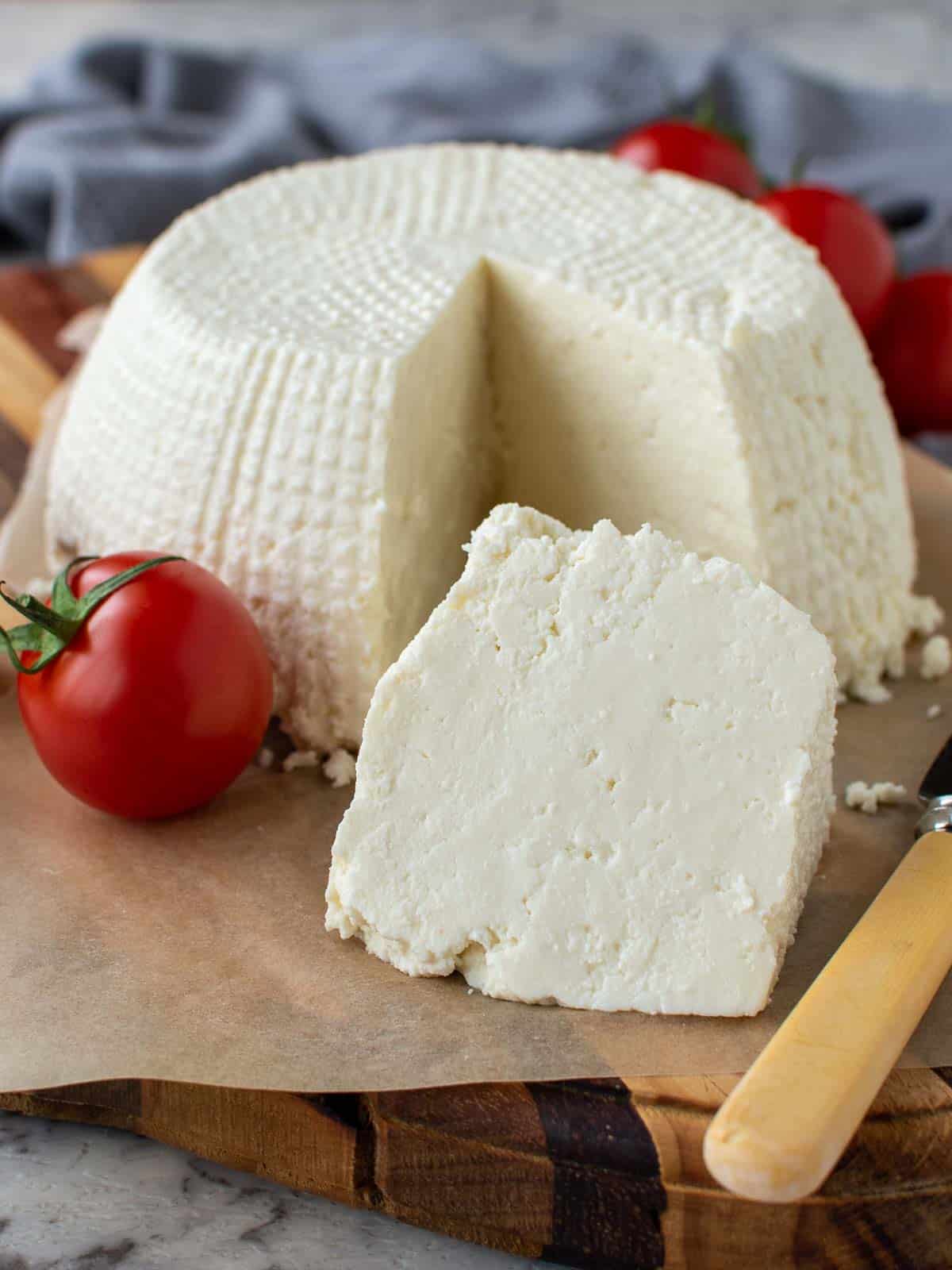
Why you’ll love this
If you’ve found yourself with leftover ricotta or maybe you bought extra because it was on sale, you’ll be wondering if you could freeze it. The simple answer is yes but there’s a bit you need to know.
Ricotta is a fresh cheese of Italian origin usually made from whole or skim cow’s milk. The word ‘ricotta’ means ‘cooked twice’ because it is made from the leftover whey produced during cheese making. The flavor is delicate and almost sweet with a smooth texture and high moisture content.
When freezing this cheese, it is important to take into consideration its characteristics and what happens in the freezer. When frozen, the moisture in ricotta cheese turns into ice crystals. Because of this the frozen ricotta cheese will taste the same but be a little bit dry and crumbly.
But definitely don’t let this stop you from freezing ricotta cheese. This versatile cheese is too good to be wasted. Thawed ricotta is perfectly good in recipes like Italian Pie, Ricotta Cavatelli, Lemony Ricotta Cookies, and Eggplant Involtini. However, it is not the best choice for recipes where it is the star like my Sweet Ricotta recipe or Cannoli Cake.
For complete ingredient quantities and full instructions, please scroll to the printable recipe card at the bottom of the page.
What you’ll need
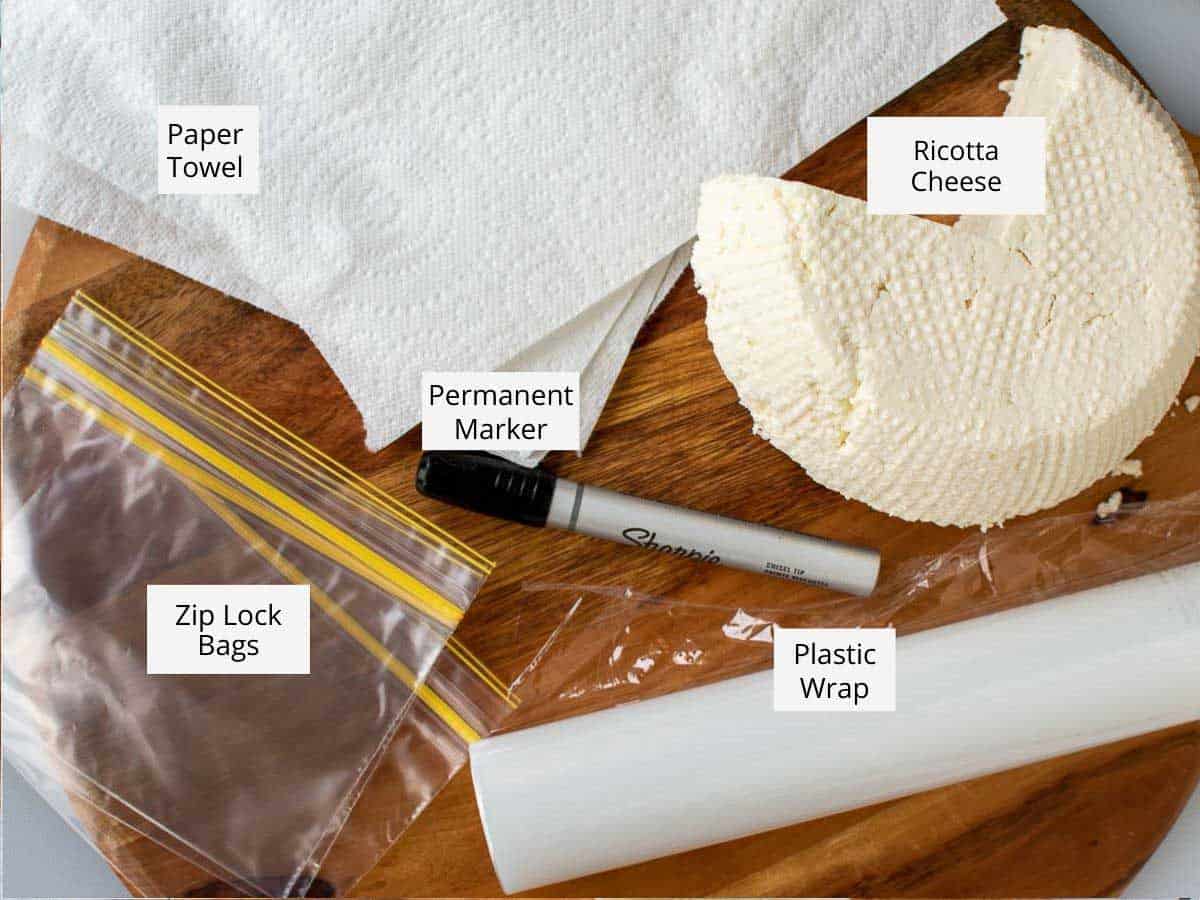
- ricotta cheese – I usually buy the fresh one that comes in plastic baskets
- paper towels – nothing fancy here
- plastic wrap – use a good quality that doesn’t tear easily
- zip lock bags or airtight containers – the size will depend on how much ricotta cheese you freeze
- permanent marker – it is important to record the date of freezing
Instructions
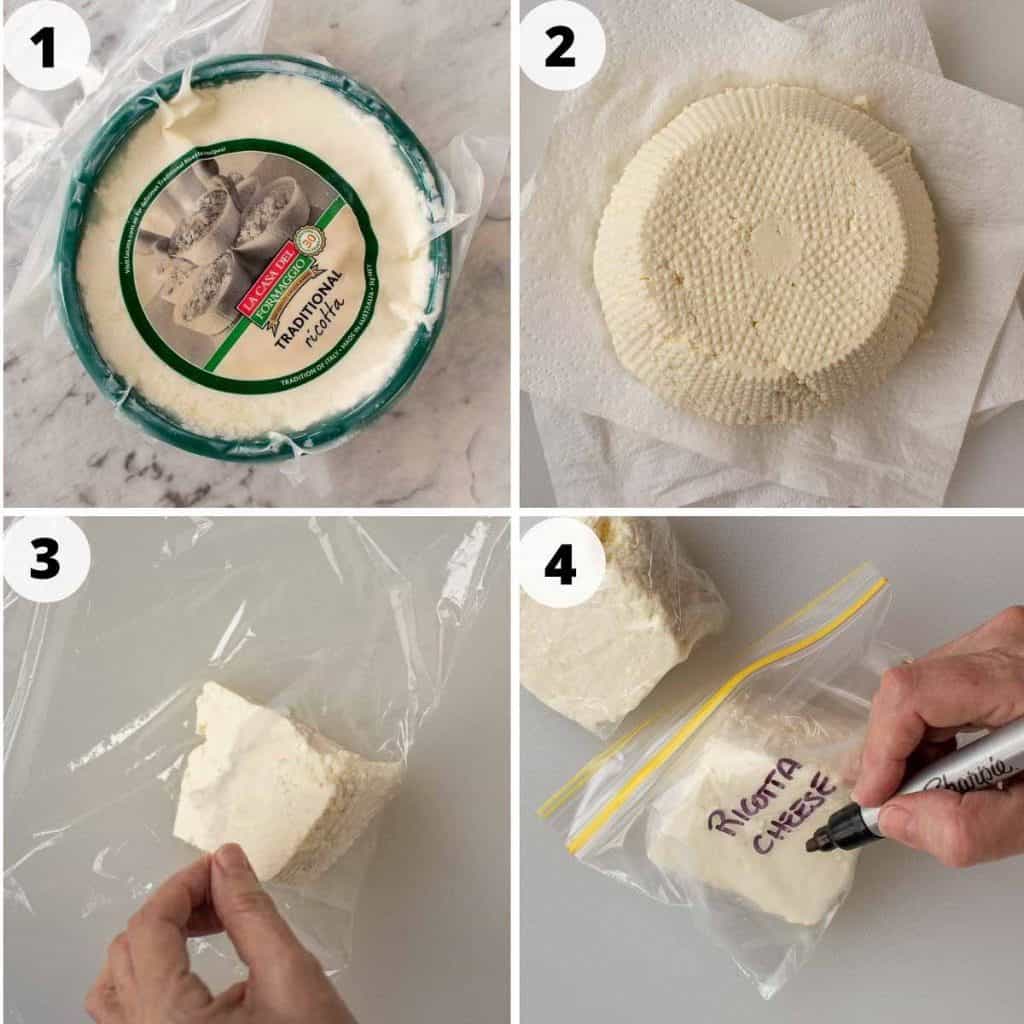
- If the ricotta is unopened, just mark it with the date and freeze it as is. However, keep in mind that once thawed you will need to use the whole lot within two days.
- When freezing leftovers or smaller portions, remove excess moisture by pressing the cheese with a wad of paper towels.
- Then wrap well in plastic, taking care to remove any air.
- Pop into a zip lock bag removing any air before sealing or fit snuggly into an airtight container and mark with the date.
Tips for Success and FAQ’s
- Firstly pay particular attention to the expiry date on the ricotta cheese. It is best to freeze fresh cheese rather than wait until it’s on the brink of expiry.
- Freeze unopened, well-sealed ricotta cheese in its packaging. However, if you don’t plan to use the whole lot when thawed, divide it into pieces before freezing. Be sure to drain excess liquid and wrap very well in plastic then into a heavy-duty zip lock bag or airtight container.
- Don’t freeze for longer than two months for best results and follow my tips for thawing. Keep in mind that thawed ricotta will have an altered texture and is only suitable for cooked recipes.
Yes! Say you’ve made a ravioli filling with ricotta cheese and other ingredients like Parmesan cheese, eggs, and herbs, it is perfectly fine to freeze it. On thawing, excess liquid may need to be drained away but otherwise, it will be good. I will drain the liquid if it’s for a ravioli filling otherwise it may be too soggy for the pasta.
Frozen ricotta will keep, if properly stored, for two months.
Always thaw frozen ricotta in the refrigerator and never at room temperature. It will take about 24 hours to defrost. Once softened, stir well. I don’t generally drain the liquid as I don’t find that necessary. Use within two days and never refreeze!
Yes! However, the tub isn’t freezer proof so pop it into a heavy-duty zip-lock bag before freezing.

More recipes using ricotta cheese
Stuffed Zucchini with Ricotta
Baked Ricotta
Ricotta Pie
Lemon and Ricotta Cake
Ricotta Stuffed Mushrooms
Made this recipe?
Please let me know if you liked it by leaving a ★★★★★ star rating and a review below. And remember to subscribe to my newsletter – it’s free!

How To Freeze Ricotta Cheese
Equipment
- 1 knife
- 1 cutting board
- 1 Colander
- 1 permanent marker
Ingredients
- 16 ounces (450 grams) ricotta cheese See Note 1
- paper towels as needed
- plastic wrap as needed
- zipper bags or airtight containers
Instructions
- Cut into two portions or the amount that suits your purpose.
- Drain liquid from the cheese. Then use paper towels to press and remove excess moisture from the cheese.
- Wrap each portion tightly in plastic wrap so that no air is trapped between the cheese and the plastic.
- Place wrapped cheese into zipper bag squeezing any air out of the bag. Repeat with the remaining portions of ricotta cheese.
- Label the zipper bag with the type of cheese and date.
- Place the ricotta cheese in the freezer for up to two months.
- Thaw in the refrigerator then use within two days.
Notes
- My homemade ricotta cheese can be frozen in this same way.
- Check the expiry date. It’s best to freeze ricotta cheese while it’s fresh, not when it’s close to expiring.
- If the ricotta is unopened and well-sealed, you can freeze it in its original packaging. If you won’t use it all at once after thawing, divide it into portions and follow the procedure above.
- For best results, don’t freeze ricotta for longer than two months. Keep in mind that the texture changes once thawed, so it’s best used in cooked dishes.
- Ricotta mixtures, like pasta fillings with Parmesan, eggs, and herbs, freeze well too. After thawing, just drain any extra liquid and stir — it’ll be good to go.
- Always thaw ricotta in the refrigerator — never at room temperature. Once softened, stir well and use within two days. Never refreeze!
Nutritional Estimate Per Serving
Nutritional Disclaimer
Nutritional information is an estimate provided by an online nutrition calculator. For accurate results, it is recommended that the nutritional information be calculated based on the ingredients and brands you use.


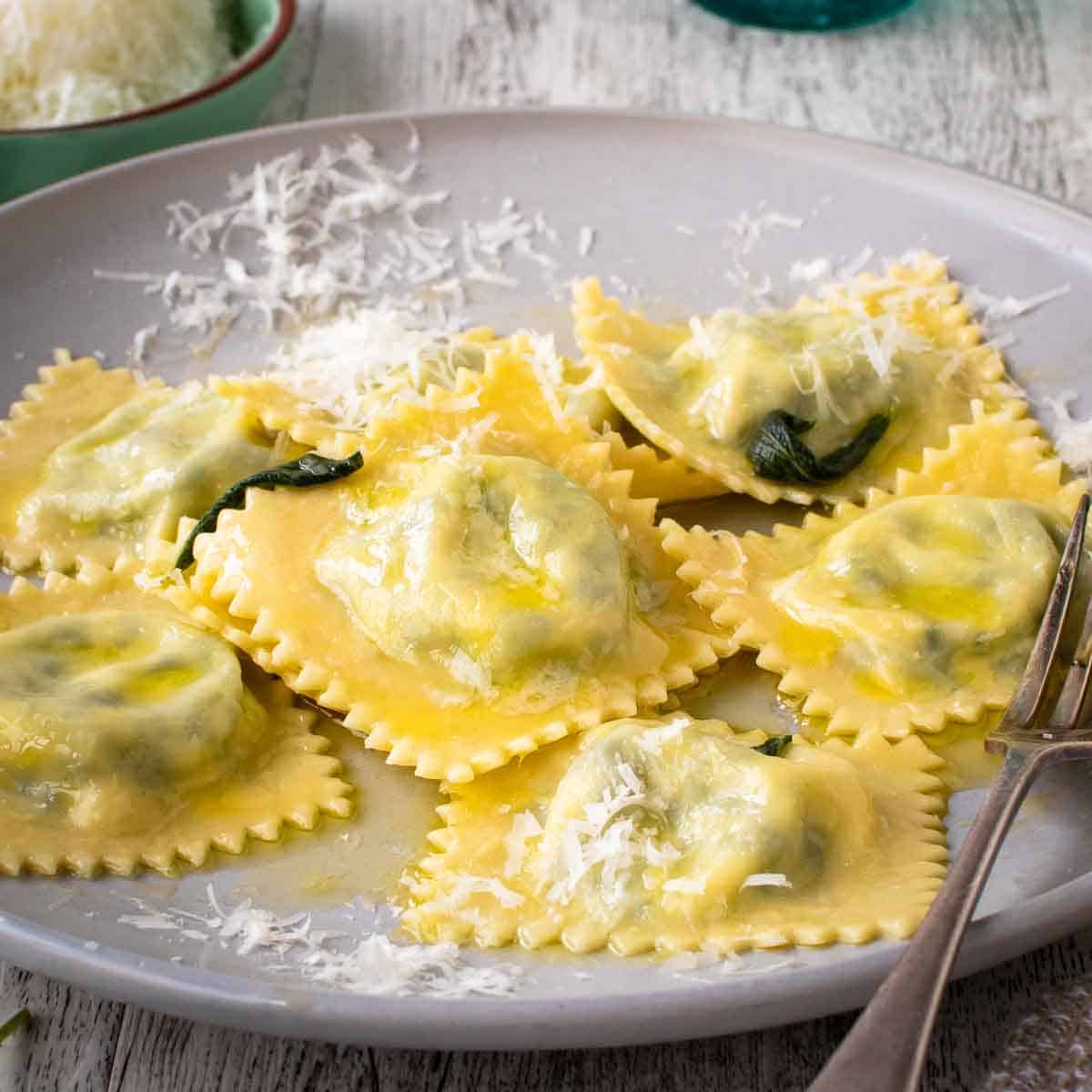
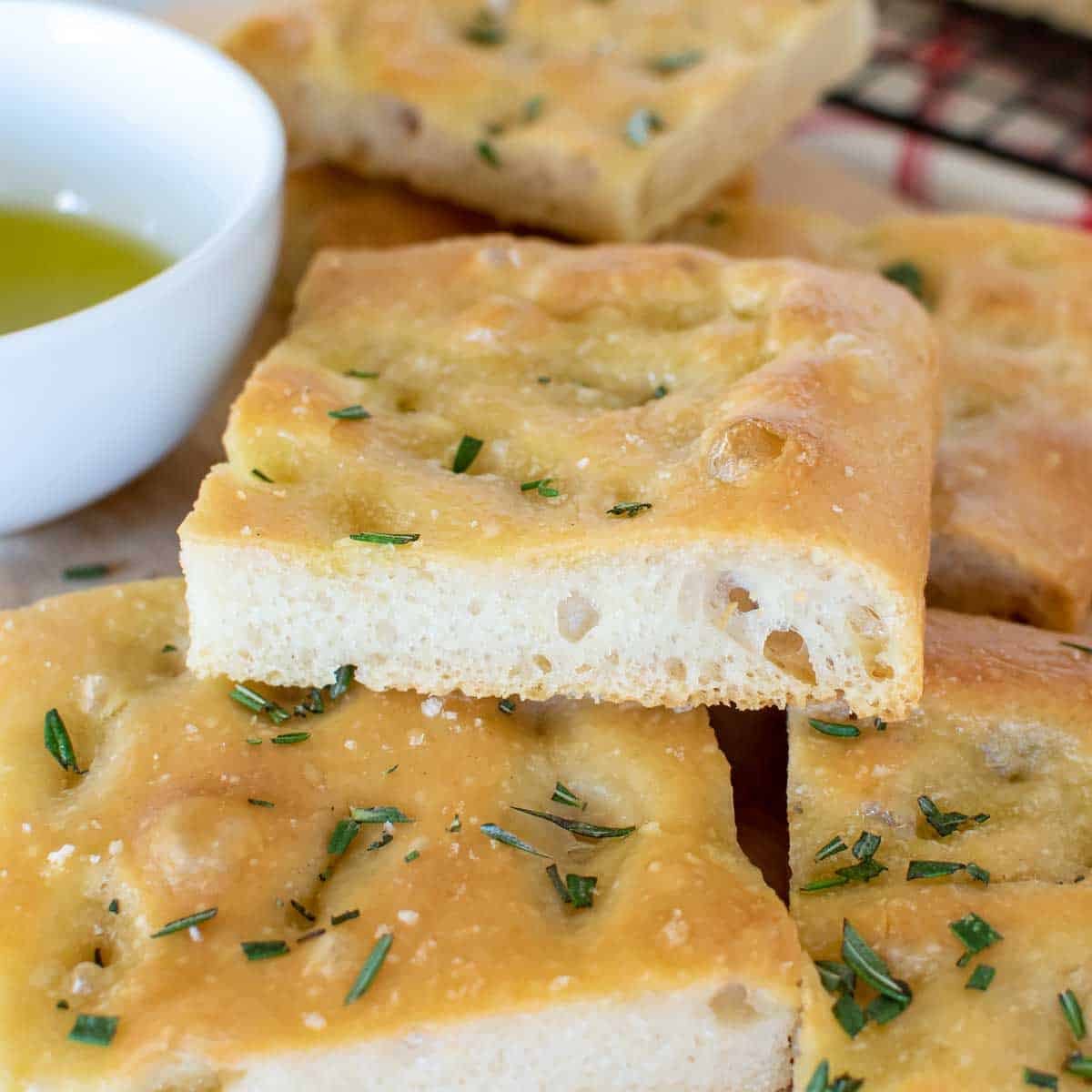

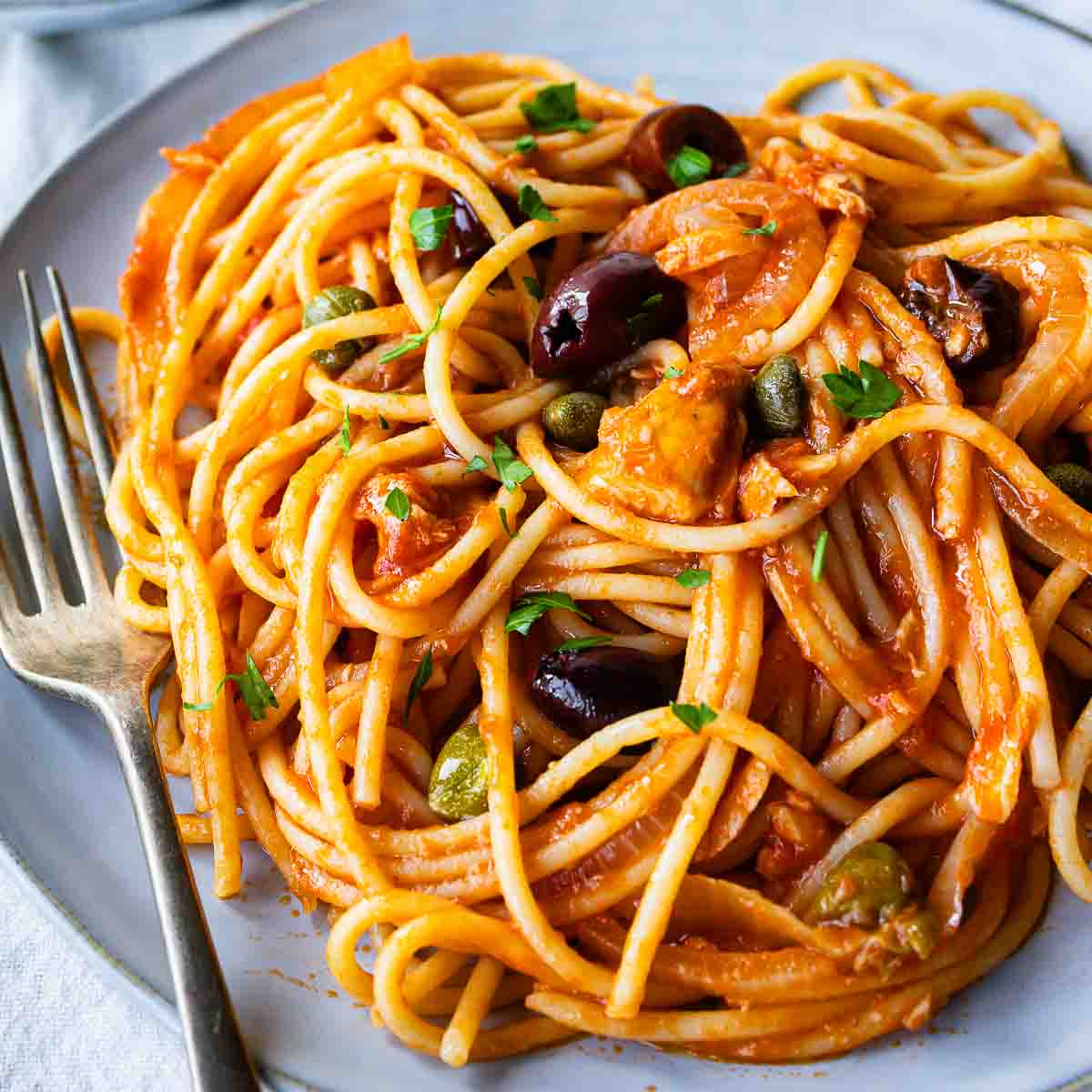


I’ve been throwing excess Ricotta cheese away for years!
Had no idea it could be frozen…..thanks so much!
You’re welcome, Carol!
Thank you so much for this! It is very helpful and informative!
What a great article for freezing ricotta cheese! Thank you!
This is so incredibly helpful!!
Thank you for the tips on how to freeze the ricotta properly. Will do this.:)
Glad this is helpful for you, Jerika!